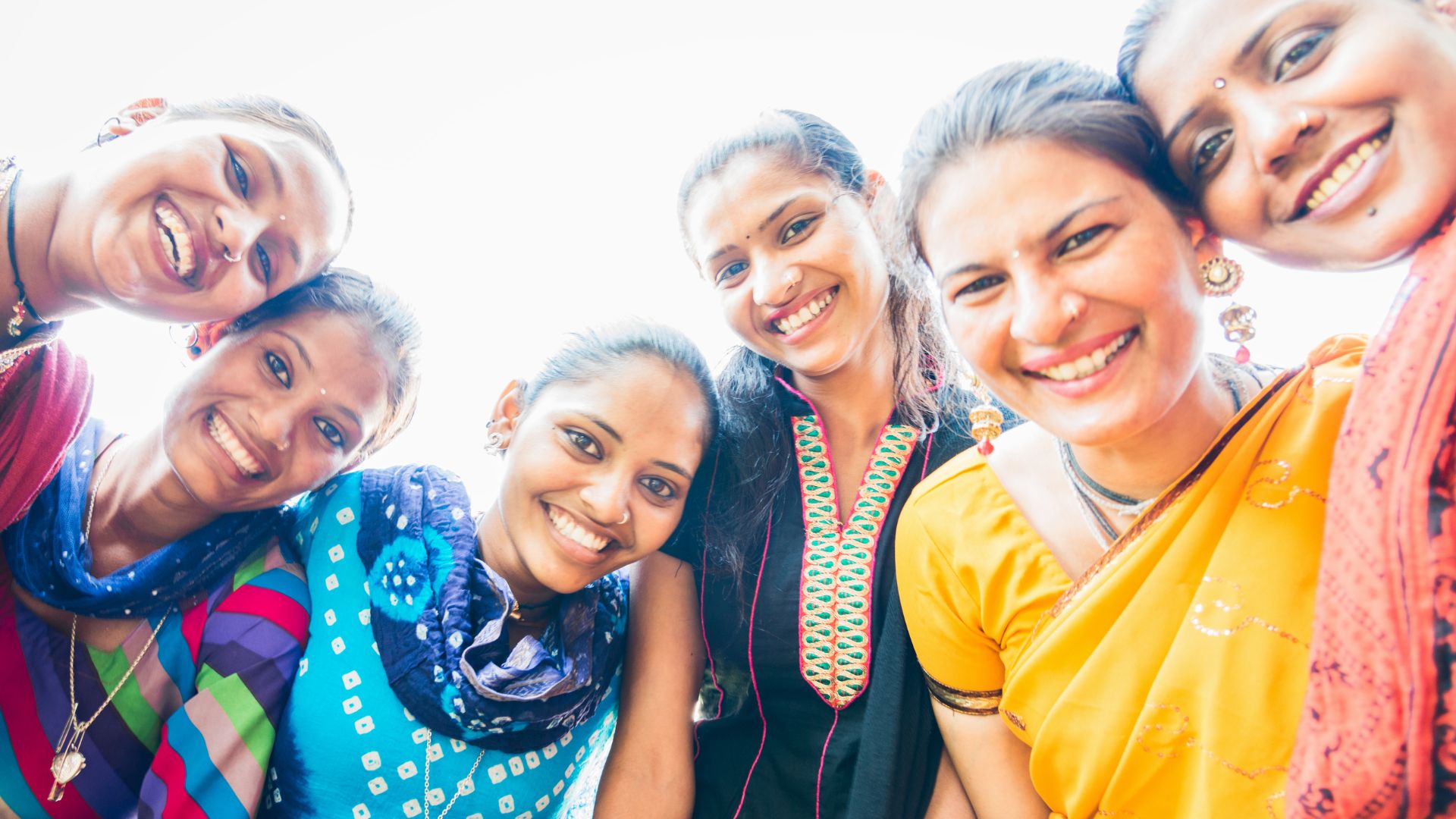Mental Health
Mar 20, 2024
South Asia, a vibrant tapestry woven from eight nations and nearly 2 billion souls, faces a hidden threat – a mental health crisis marked by an overwhelming prevalence of depression. This vast region, encompassing powerhouses like India and Pakistan alongside nations like Nepal and Bhutan, harbors a staggering statistic: it is home to roughly one-quarter, or an estimated 90 million people, of the world's entire population struggling with clinical depression, according to the World Health Organization (WHO). This translates to a region shouldering a disproportionate burden of this debilitating illness.
A Breeding Ground for Suicidal Ideation: While research in this area remains limited, South Asia exhibits a concerningly high suicide rate. The WHO estimates that suicide is the fourth leading cause of death globally among young people aged 15-30. Depression is a recognized major risk factor for suicide, raising a red flag for this region with such a high prevalence of the condition. This paints a grim picture, suggesting a potential link between South Asia's depression crisis and its high suicide rates.
The Crushing Weight of Stigma: Openly discussing mental health remains a taboo subject in many South Asian communities. Cultural and religious beliefs often view depression as a shameful weakness, a character flaw, or even a "superstition." This deeply ingrained stigma prevents individuals from seeking the help they desperately need. The fear of social ostracization, damage to family honor, and even accusations of bringing misfortune upon oneself creates a heavy silence around mental health issues. This silence not only isolates those suffering but also hinders early diagnosis and intervention, allowing depression to fester.
Lost in Translation, Lost in Diagnosis: The very language spoken in South Asia can become a barrier to effectively addressing depression. Many South Asian languages lack specific terms to accurately capture the nuances of depression. Words like "dukkha" (universal suffering) or "pagla" (a derogatory term for crazy) fail to convey the specific emotional and physical symptoms associated with clinical depression. This linguistic limitation makes it difficult for individuals to express their experiences accurately and for healthcare professionals to diagnose the condition effectively. Imagine struggling with an illness you can't even name – a significant hurdle on the path to recovery.
The Unseen Epidemic of Postpartum Depression: Postpartum depression, a debilitating condition affecting new mothers, often goes unnoticed and undiagnosed in South Asia. Cultural secrecy surrounding childbirth and a societal emphasis on the mother's strength can prevent women from seeking help. Additionally, factors like domestic violence, poverty, and the intense pressure to deliver a male child can further exacerbate mental health struggles in new mothers. The lack of recognition and support for postpartum depression not only impacts the mother's well-being but can also have detrimental consequences for the child's development.
Prioritizing Mental Health: Despite the challenges, there are glimmers of hope. Countries like Bangladesh, Sri Lanka, and Indonesia are leading the charge by prioritizing mental health within their public healthcare systems. This crucial step towards destigmatizing and effectively treating depression paves the way for a brighter future for millions struggling in silence.
NGOs: Non-government organizations (NGOs) play a vital role in regions where governments struggle to address mental health adequately. These organizations serve as lifelines for countless individuals. They provide crucial support through community programs that raise awareness, educate the public, and combat stigma. Additionally, NGOs offer specialized mental health services, bringing much-needed help directly to those in need. For instance, NGOs in the Maldives offer a range of services, including rehabilitation programs, life-skills training, educational resources, and resilience-building workshops, all aimed at empowering individuals with the tools they need to manage their mental health. These efforts are instrumental in increasing access to care and chipping away at the stigma surrounding mental illness.
A Ripple Effect on Society: The impact of depression extends far beyond individual lives. It creates a ripple effect that impacts families, communities, and the entire nation's well-being. Individuals struggling with depression often experience difficulty fulfilling everyday tasks, affecting their ability to care for their families, manage work, and contribute productively to society. Furthermore, depression can exacerbate existing chronic health conditions, placing an additional burden on healthcare systems. Studies by the World Bank highlight the crucial link between strong mental health and a nation's prosperity. By addressing mental health issues, South Asia can not only improve the quality of life for its citizens but also unlock its full economic potential.
South Asia's battle against depression is a complex one, deeply rooted in social stigma, cultural beliefs, and linguistic limitations. However, with increased awareness, a dismantling of stigma, and a focus on improving access to quality mental healthcare, there is hope for a brighter future.

































































